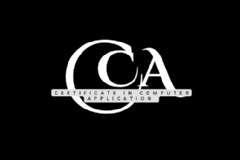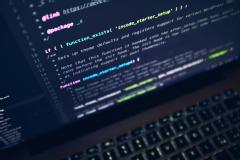This course introduces the fundamental concepts of computational thinking, providing a structured approach to problem-solving and algorithmic reasoning. Designed for individuals with no prior coding experience, it explores key principles such as decomposition, pattern recognition, abstraction, and algorithm design. Through interactive exercises and real-world examples, participants develop critical thinking skills and gain a solid foundation for understanding the logic and processes behind coding. This course prepares students to tackle coding challenges confidently and serves as a crucial prerequisite for further programming courses.
-
Introduction to Computational Thinking
- What is computational thinking?
- Importance and applications of computational thinking
-
Problem Solving and Decomposition
- Analyzing problems and breaking them down into manageable parts
- Identifying patterns and regularities
-
Abstraction and Modeling
- Representing complex problems through simplified models
- Identifying relevant details and ignoring irrelevant information
-
Algorithms and Algorithmic Thinking
- Understanding algorithms and their role in problem-solving
- Designing and evaluating algorithms for efficiency and correctness
-
Logical Reasoning and Pattern Recognition
- Identifying and applying logical reasoning to solve problems
- Recognizing patterns and applying them to new situations
-
Data Representation and Analysis
- Understanding different data types and their representation
- Analyzing and interpreting data for problem-solving
-
Collaboration and Communication
- Working effectively in teams to solve computational problems
- Communicating algorithms and solutions clearly and concisely
-
Ethical and Social Implications
- Discussing ethical considerations related to computational thinking and coding
- Recognizing the impact of technology on society








